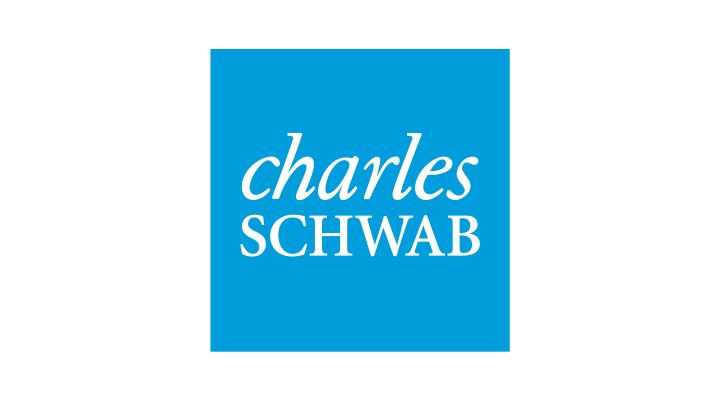I’m thinking of going in with ETF investments rather than individual stocks and doing DCA. I’ll concurrently invest similar amounts in mutual funds with a financial advisor and then compare the net outcome after fees over say one year. I want to find out if I can beat the advisor using ETFs alone.
What positions did you end up selling off, if I may ask?
It's highly unlikely that, over the long run, mutual funds will beat ETF's. Why? The management fees are much higher, and most mutual funds are substantially the same as ETF's (but you need to pay them for the "privilege" of their active management).
Here's the composition of VCE (a Vanguard ETF tracking the TSX as a whole) by industry:
And the same thing for a BMO Canadian equity mutual fund:
It's not quite the same, but it's very close. The top five holdings in VCN are (in order): Royal Bank, TD, Shopify, Enbridge, and Canadian Natural Resources. The top five stocks in the BMO fund are (in order): Royal Bank (1st vs 1st), Canadian Natural Resources (2nd vs 5th), TD (3rd vs 2nd), CP Rail (4th vs 5th) and Constellation (5th vs 11th).
Again, not identical, but very similar. This is what I call a "closet" ETF. In reality the holdings are very similar to an ETF, but the management fee is many multiples higher. The management fee on VCN is a microscopic 0.05%. For BMO, it's 2.39%. That might not sounds like much, but over thirty years, the management fee will erode more than half your return. If you invest $10K today, and the fund returns 7% every year for 30 years, you'd end up with $140K in a theoretical zero-fee environment. VCN would leave you with $137K, and the BMO fund leave you with just $58K. Over 30 years, Vanguard would take less than 2% of your total return; the mutual fund would take more than 58%. It's robbery.
The counter argument is - maybe the BMO fund did so well that the higher fee is justified by performance. Here are VCN's returns:
Same thing for the BMO mutual fund:
Over
every time period, the Vanguard ETF performs better. Over the long run, VCN does better by about 1.9% (7.2% vs 5.3% ten year return). The mutual fund does
slightly better before taking the management fee into account, but the gap in the fee isn't close to being justified by actual performance.
You might think that I've picked this specific ETF and this specific mutual fund to make a point. I assure you, I haven't. Pick any Canadian equity ETF, and any Canadian equity mutual fund from the big banks, and the results will be the same. Mutual funds prey on people who don't know any better. If you want broad exposure, invest in ETF's. Most mutual funds are designed to enrich the banks, and the higher fees are almost never justified by performance.
Links:
-
Vanguard ETF
-
BMO mutual fund






